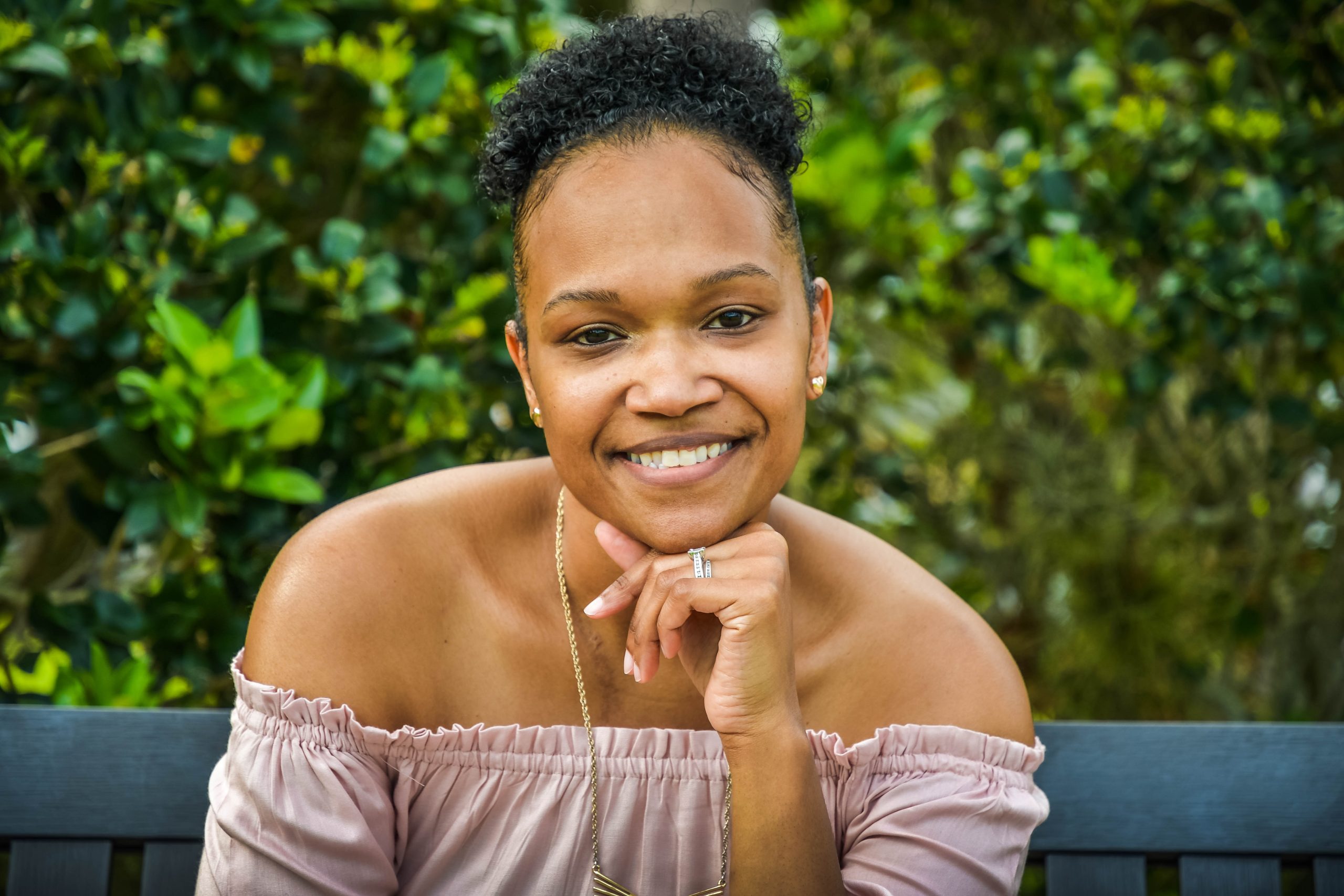Survivor Story
Christine
Content warning: contains descriptions of physical and emotional abuse, death threats, and substance use disorder.
“I just learned from your husband that he plans to kill you. You need to find safe space right now.”
The warning from her husband’s therapist came in the middle of Christine’s workday at the university where she teaches, forcing her to drop everything and leave. She had a restraining order preventing him from approaching her, but she knew that wouldn’t stop him. Christine had to immediately find shelter and safety away from the home they shared.
For weeks, she had been increasingly terrified of his escalating anger. As Christine reflected on their four-year marriage, she realized there were many red flags along the way, but she ignored them. He was so charming and thoughtful in the beginning. But it didn’t take long before her hopes for the future were dashed. He would leave for extended periods leaving her alone and isolated. Many times, she returned home from work to find her money and possessions missing. She could never have imagined when they met that during most of their marriage he would be in jail or in rehab. He had tricked her – he had an addiction to heroin and cared more about finding drugs than anything else.
Her husband’s world was a totally different universe than the one Christine inhabited. She was a successful professional woman with a good job and great credit. She never smoked, drank or did drugs. She loved him, but it was all just too much. When she finally made the decision to leave, his abuse increased. One particularly brutal attack landed her in the hospital. That’s where she heard about Casa Myrna.
“Casa Myrna saved my life,” reported Christine. The Casa Myrna advocate found her a shelter bed until she could get back on her feet. Then, our legal team helped her to file for divorce. She was able to secure a nice apartment with assistance from Casa Myrna’s Housing Advocacy Program.
Of course, the COVID-19 pandemic made everything Christine experienced even more challenging by causing delays. But she also realized that she had the advantage of being an educated, professional woman. Those attributes helped her to navigate tangled and confusing support systems that present enormous barriers to marginalized survivors in their efforts to escape violence and get help. “I was thinking, what do survivors do who are women of color, who are poor, or don’t speak the language?” Now Christine is trying to help survivors by speaking to groups about her experience and raising public awareness about the many inequities and challenges they face in the systems designed to help them.


